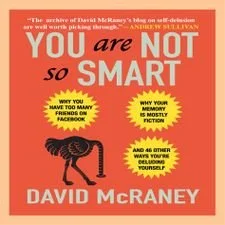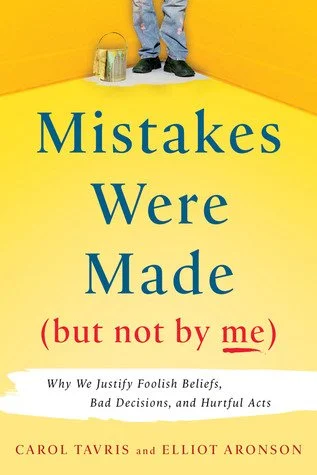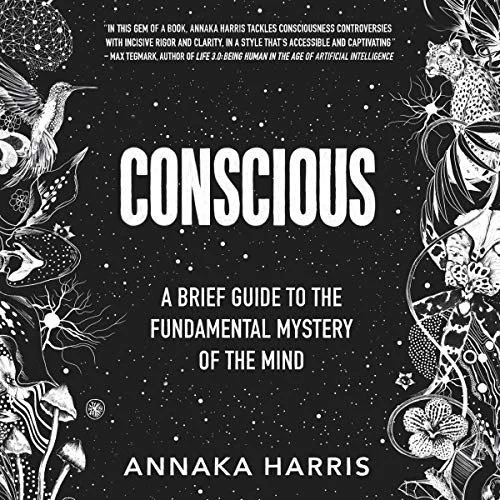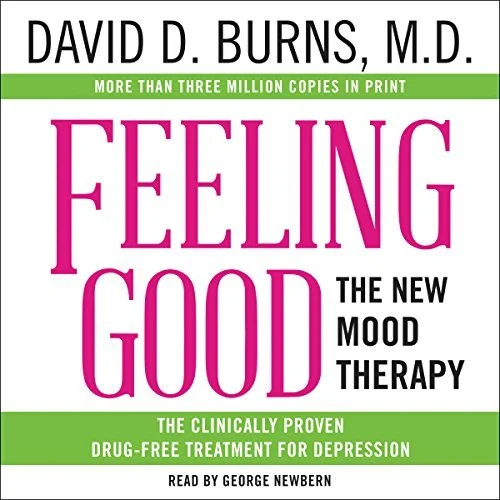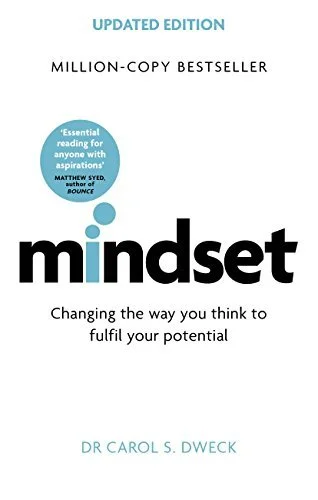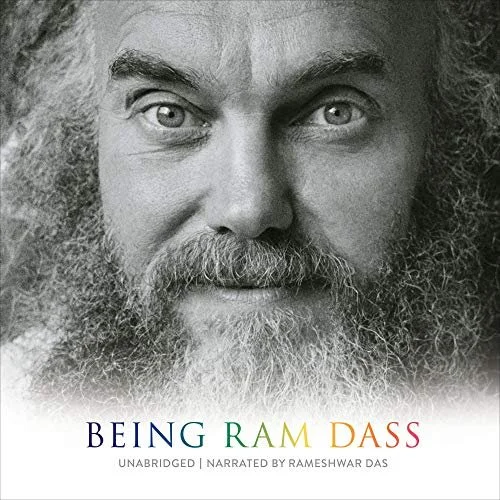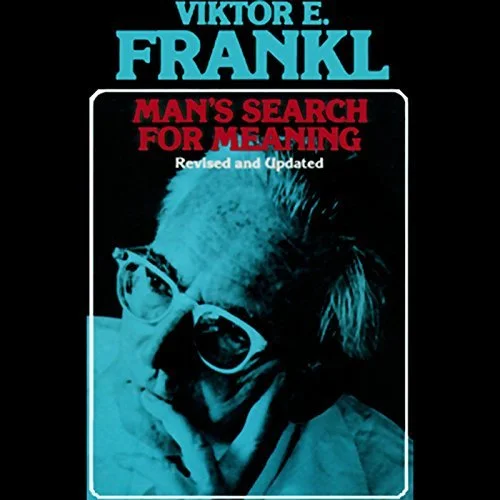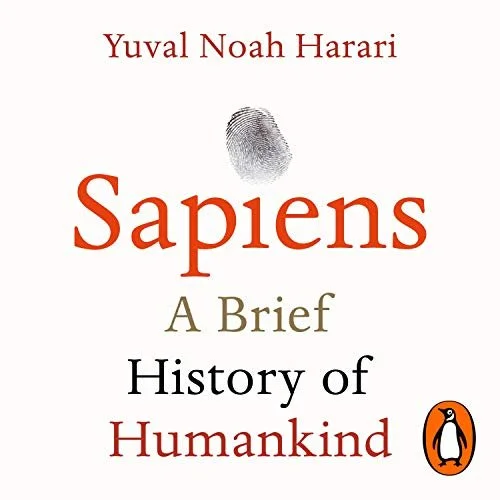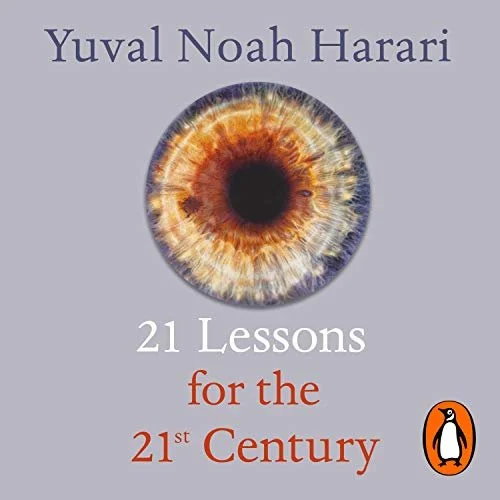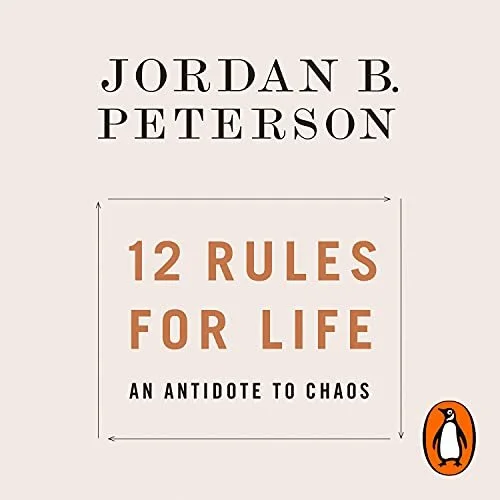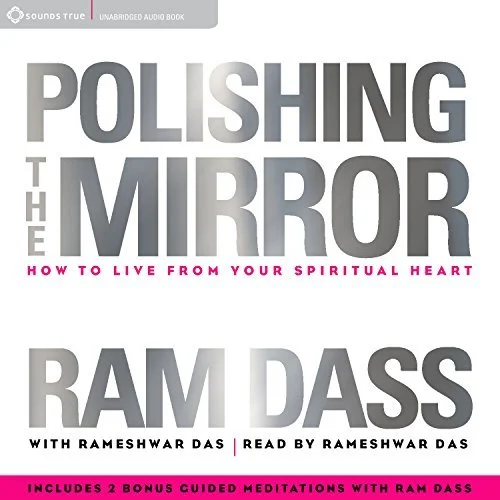-
![]()
Sex at Dawn
Since Darwin's day, we've been told that sexual monogamy comes naturally to our species. Mainstream science - as well as religious and cultural institutions - has maintained that men and women evolved in families in which a man's possessions and protection were exchanged for a woman's fertility and fidelity. But this narrative is collapsing. Fewer and fewer couples are getting married, and divorce rates keep climbing as adultery and flagging libido drag down even seemingly solid marriages.
How can reality be reconciled with the accepted narrative? It can't be, according to renegade thinkers Christopher Ryan and Cacilda Jetha. While debunking almost everything we "know" about sex, they offer a bold alternative explanation in this provocative and brilliant book.
Ryan and Jetha's central contention is that human beings evolved in egalitarian groups that shared food, child care, and, often, sexual partners. Weaving together convergent, frequently overlooked evidence from anthropology, archaeology, primatology, anatomy, and psychosexuality, the authors show how far from human nature monogamy really is. Human beings everywhere and in every era have confronted the same familiar, intimate situations in surprisingly different ways. The authors expose the ancient roots of human sexuality while pointing toward a more optimistic future illuminated by our innate capacities for love, cooperation, and generosity.
-
![]()
You Are Not So Smart
An entertaining illumination of the stupid beliefs that make us feel wise, based on the popular blog of the same name.
Whether you’re deciding which smartphone to purchase or which politician to believe, you think you are a rational being whose every decision is based on cool, detached logic. But here’s the truth: You are not so smart. You’re just as deluded as the rest of us—but that’s okay, because being deluded is part of being human.
Growing out of David McRaney’s popular blog, You Are Not So Smart reveals that every decision we make, every thought we contemplate, and every emotion we feel comes with a story we tell ourselves to explain them. But often these stories aren’t true. Each short chapter—covering topics such as Learned Helplessness, Selling Out, and the Illusion of Transparency—is like a psychology course with all the boring parts taken out.
Bringing together popular science and psychology with humor and wit, You Are Not So Smart is a celebration of our irrational, thoroughly human behavior.
-
![]()
Mistakes Were Made (but not by me)
Why do people dodge responsibility when things fall apart? Why the parade of public figures unable to own up when they screw up? Why the endless marital quarrels over who is right? Why can we see hypocrisy in others but not in ourselves? Are we all liars? Or do we really believe the stories we tell?
In this terrifically insightful and engaging audiobook, renowned social psychologists Carol Tavris and Elliot Aronson take a compelling look at how the brain is wired for self-justification. When we make mistakes, we must calm the cognitive dissonance that jars our feelings of self-worth. And so we create fictions that absolve us of responsibility, restoring our belief that we are smart, moral, and right--a belief that often keeps us on a course that is dumb, immoral, and wrong.
Backed by years of research, Mistakes Were Made (But Not by Me) offers a fascinating explanation of self-deception--how it works, the harm it can cause, and how we can overcome it. Be advised: You will never be able to shun blame quite so casually again.
-
![]()
Conscious
As concise and enlightening as Seven Brief Lessons on Physics and Astrophysics for People in a Hurry, this mind-expanding dive into the mystery of consciousness is an illuminating meditation on the self, free will, and felt experience.
What is consciousness? How does it arise? And why does it exist? We take our experience of being in the world for granted. But the very existence of consciousness raises profound questions: Why would any collection of matter in the universe be conscious? How are we able to think about this? And why should we?
In this wonderfully accessible audiobook, Annaka Harris guides us through the evolving definitions, philosophies, and scientific findings that probe our limited understanding of consciousness. Where does it reside, and what gives rise to it? Could it be an illusion, or a universal property of all matter? As we try to understand consciousness, we must grapple with how to define it and, in the age of artificial intelligence, who or what might possess it.
Conscious offers lively and challenging arguments that alter our ideas about consciousness - allowing us to think freely about it for ourselves, if indeed we can.
-
![]()
Feeling Good
The good news is that anxiety, guilt, pessimism, procrastination, low self-esteem, and other 'black holes' of depression can be cured without drugs. In Feeling Good, eminent psychiatrist David D. Burns, M.D. outlines the remarkable, scientifically proven techniques that will immediately lift your spirits and help you develop a positive outlook on life.
Now, in this updated edition, Dr. Burns adds an all-new Consumer's Guide To Antidepressant Drugs, as well as a new introduction to help answer your questions about the many options available for treating depression.
-
![]()
Mindset
World-renowned Stanford University psychologist Carol Dweck, in decades of research on achievement and success, has discovered a truly groundbreaking idea-the power of our mindset.
Dweck explains why it's not just our abilities and talent that bring us success-but whether we approach them with a fixed or growth mindset. She makes clear why praising intelligence and ability doesn't foster self-esteem and lead to accomplishment, but may actually jeopardize success. With the right mindset, we can motivate our kids and help them to raise their grades, as well as reach our own goals-personal and professional. Dweck reveals what all great parents, teachers, CEOs, and athletes already know: how a simple idea about the brain can create a love of learning and a resilience that is the basis of great accomplishment in every area.
-
![]()
Being Ram Dass
Perhaps no other teacher has sparked the fires of as many spiritual seekers in the West as Ram Dass. If you've ever embraced the phrase “be here now”, practiced meditation or yoga, tried psychedelics, or supported anyone in a hospice, prison, or homeless center - then the story of Ram Dass is also part of your story.
From his birth in 1931 to his luminous later years, Ram Dass saw his life as just one incarnation of many. This memoir puts us in the passenger seat with the one-time Harvard psychologist and lifelong risk-taker Richard Alpert, who loved to take friends on wild rides on his Harley and test nearly every boundary - inner or outer - that came his way.
Here, Ram Dass shares his life’s odyssey in intimate detail: how he struggled with issues of self-identity and sexuality in his youth, pioneered psychedelic research, and opened the doorways to Eastern spiritual practices. In 1967 he trekked to India and met his guru, Neem Karoli Baba. He returned with a perspective on spirituality and psychology that changed millions.
Populated by a cast of luminaries ranging from Timothy Leary to Elisabeth Kübler-Ross, Allen Ginsberg to Sharon Salzberg, Aldous Huxley to Alan Watts - this intimate memoir chronicles the cultural and spiritual transformations Ram Dass experienced that resonate with us to this day, a journey from the mind to the heart, from the ego to the soul.
Before, after, and along these waypoints, listeners will encounter many other adventures and revelations - each ringing with the potential to awaken the universal, loving divine that links us to this beloved teacher and all of us to each other.
-
![]()
Man's Search for Meaning
Internationally renowned psychiatrist, Viktor E. Frankl, endured years of unspeakable horror in Nazi death camps. During, and partly because of, his suffering, Dr. Frankl developed a revolutionary approach to psychotherapy known as logotherapy. At the core of his theory is the belief that man's primary motivational force is his search for meaning.
Man's Search for Meaning is more than a story of Viktor E. Frankl's triumph: it is a remarkable blend of science and humanism and an introduction to the most significant psychological movement of our day.
-
![]()
Sapians
Earth is 4.5 billion years old. In just a fraction of that time, one species among countless others has conquered it. Us.
We are the most advanced and most destructive animals ever to have lived. What makes us brilliant? What makes us deadly? What makes us sapiens?
In this bold and provocative audiobook, Yuval Noah Harari explores who we are, how we got here, and where we're going.
Sapiens is a thrilling account of humankind's extraordinary history from the Stone Age to the Silicon Age and our journey from insignificant apes to rulers of the world.
-
![]()
21 Lessons for the 21st Century
In 21 bite-sized lessons, Yuval Noah Harari explores what it means to be human in an age of bewilderment.
How can we protect ourselves from nuclear war, ecological cataclysms and technological disruptions? What can we do about the epidemic of fake news or the threat of terrorism? What should we teach our children?
Yuval Noah Harari takes us on a thrilling journey through today’s most urgent issues. The golden thread running through his exhilarating new book is the challenge of maintaining our collective and individual focus in the face of constant and disorienting change.
Are we still capable of understanding the world we have created?
-
![]()
12 Rules for Life: An Antidote to Chaos
Acclaimed clinical psychologist Jordan Peterson has influenced the modern understanding of personality, and now he has become one of the world's most popular public thinkers, with his lectures on topics from the Bible to romantic relationships to mythology drawing tens of millions of viewers. In an era of unprecedented change and polarising politics, his frank and refreshing message about the value of individual responsibility and ancient wisdom has resonated around the world.
In this audiobook, he provides 12 profound and practical principles for how to live a meaningful life, from setting your house in order before criticising others to comparing yourself to who you were yesterday, not someone else today. Happiness is a pointless goal, he shows us. Instead we must search for meaning, not for its own sake, but as a defence against the suffering that is intrinsic to our existence.
Drawing on vivid examples from his clinical practice and personal life, cutting edge psychology and philosophy and lessons from humanity's oldest myths and stories, Peterson takes the listener on an intellectual journey like no other. Gripping, thought-provoking and deeply rewarding, 12 Rules for Life offers an antidote to the chaos in our lives: eternal truths applied to our modern problems.
-
![]()
Polishing the Mirror
Sometimes illumination occurs spontaneously or, as Ram Dass experienced, in a cosmic moment of the heart opening. More commonly, it happens when we remove the dust from the mirror of our spiritual heart with daily practice - to see beyond the illusion of our transient thoughts and emotions to the vast and luminous landscape of our true nature.
For five decades, Ram Dass has explored the depths of consciousness and love, and brought back insights as his service to others. With Polishing the Mirror, he gathers together his essential teachings for being and loving, here and now, in the eternal present. For those just starting on the path, this is a primer for living from the spiritual heart. For those already practicing it, is a reference point for daily life in the spirit.
-
![]()
A Guide to the Good Life: The Ancient Art of Stoic Joy
One of the great fears many of us face is that despite all our effort and striving, we will discover at the end that we have wasted our life. In A Guide to the Good Life, William B. Irvine plumbs the wisdom of Stoic philosophy, one of the most popular and successful schools of thought in ancient Rome, and shows how its insight and advice are still remarkably applicable to modern lives.
In A Guide to the Good Life, Irvine offers a refreshing presentation of Stoicism, showing how this ancient philosophy can still direct us toward a better life. Using the psychological insights and the practical techniques of the Stoics, Irvine offers a roadmap for anyone seeking to avoid the feelings of chronic dissatisfaction that plague so many of us. Irvine looks at various Stoic techniques for attaining tranquility and shows how to put these techniques to work in our own life. As he does so, he describes his own experiences practicing Stoicism and offers valuable first-hand advice for anyone wishing to live better by following in the footsteps of these ancient philosophers. Readers learn how to minimize worry, how to let go of the past and focus our efforts on the things we can control, and how to deal with insults, grief, old age, and the distracting temptations of fame and fortune. We learn from Marcus Aurelius the importance of prizing only things of true value, and from Epictetus we learn how to be more content with what we have.
Finally, A Guide to the Good Life shows readers how to become thoughtful observers of their own lives. If we watch ourselves as we go about our daily business and later reflect on what we saw, we can better identify the sources of distress and eventually avoid that pain in our life. By doing this, the Stoics thought, we can hope to attain a truly joyful life.


